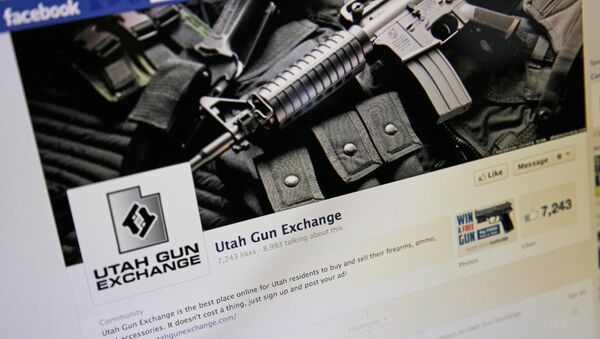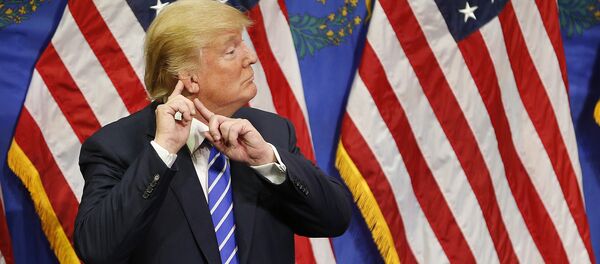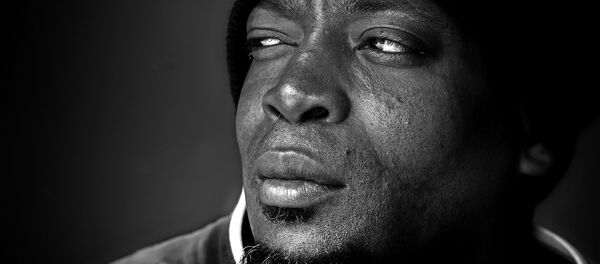Studies of Facebook group activity over the past two years have found many instances of weapons trading taking place on the social network, Nic Jenzen-Jones, director of Armament Research Services, told Radio Sputnik.
"The majority of the weapons being traded are still the small arms, self-loading handguns, rifles, machine guns, but there was a small subset, 97 trades over that 18 month period, which were light weapons," Jenzen-Jones said.
"These include grenade launchers, portable air defense systems, which are basically shoulder-fired anti-aircraft missiles, heavy machine guns and other weapons."
"Most of the traders are small-time individuals looking to buy and trade weapons for self-defense, some are small merchants."
"But there are a smaller percentage of individuals within these groups that have affiliations to non-state armed groups, to organizations that may be of concern," Jenzen-Jones said.
"There are also similar groups that function in English-speaking and developed nations as well. I think the difference is primarily that the types of weapons that are being traded tend to be above board, civilian regulated and have some mechanism of oversight, with the exception of some notable countries."
"In the conflict and post-conflict zones, we saw anti-aircraft missiles and anti-tank guided weapons, weapons that are not commonly seen in civilian control anywhere in the world."
The researchers compiled their statistics while putting together a report about arms trafficking in Libya. Jenzen-Jones said that handguns command an extraordinarily high price in Libya, and are sold for as much as 8,000 Libyan dinars ($5,880), five or six times their market value in Europe or the US.





